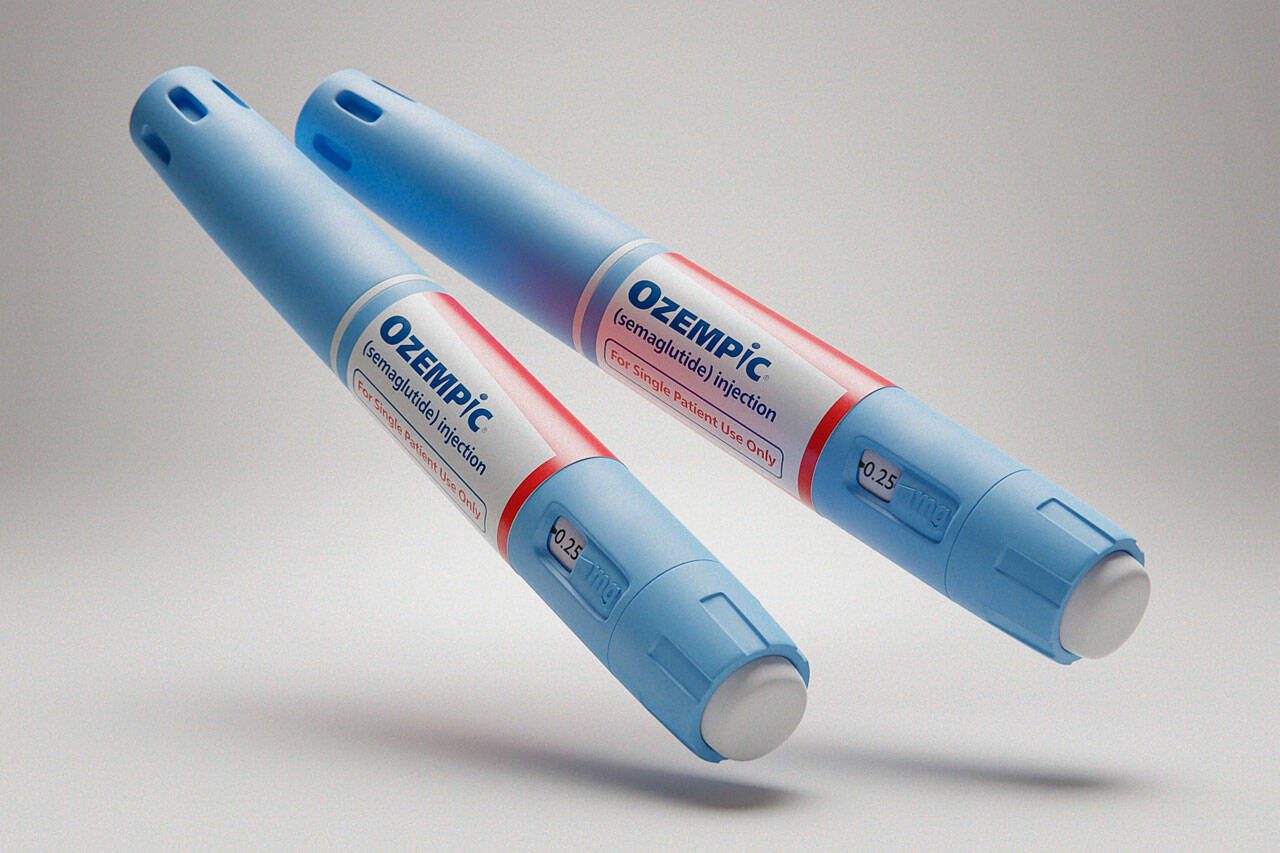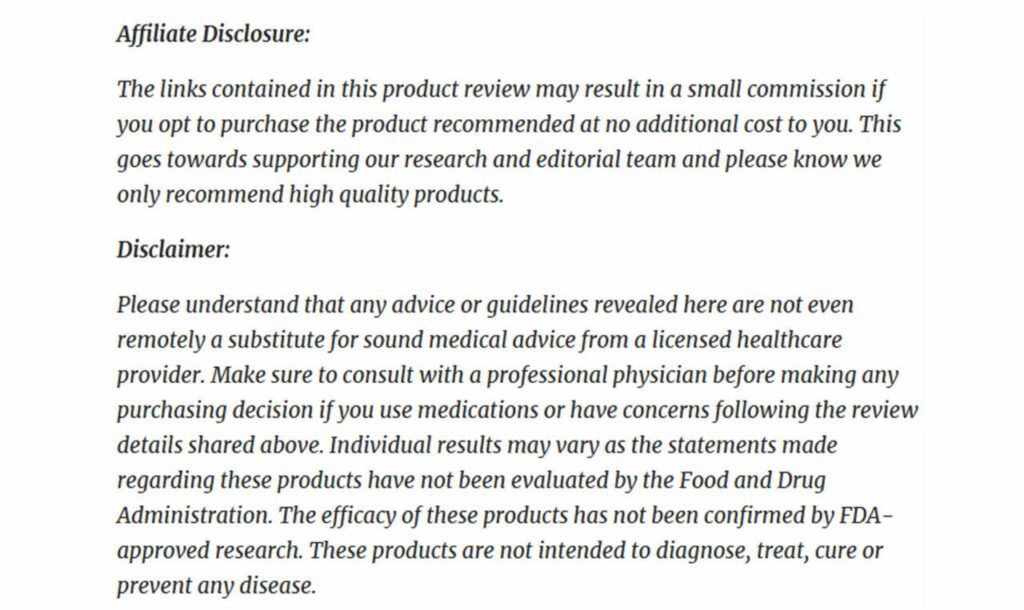In recent years, weight loss medications have revolutionized the approach to obesity, offering hope to millions struggling with excess weight. These drugs, particularly those in the glucagon-like peptide-1 (GLP-1) category, such as Wegovy, Ozempic, Mounjaro, and Zepbound, have demonstrated significant efficacy in helping individuals lose weight. However, as with any medical treatment, these benefits come with potential side effects. Recent reports have raised concerns about the emergence of eating disorders among users of these drugs. This comprehensive analysis explores the advantages and risks associated with these weight loss medications, emphasizing the importance of careful monitoring and management.
The Promise of GLP-1 Medications
GLP-1 medications have been hailed as a breakthrough in the treatment of obesity. These drugs mimic glucagon-like peptide-1, a hormone that regulates blood sugar levels and suppresses appetite. By enhancing the body’s natural mechanisms, GLP-1 medications help patients achieve substantial weight loss. Clinical trials have shown that, at high doses, these drugs can lead to a reduction of up to 21% of body weight. For many, this level of weight loss translates to significant health benefits, including improved cardiovascular health, reduced risk of type 2 diabetes, and enhanced quality of life.
Schedule Your Consultation With A Board-Certified Physician Today For More Information
The Dark Side: Emergence of Eating Disorders
Despite their benefits, GLP-1 medications are not without risks. Recent reports, including a warning from doctors highlighted by NBC News, have drawn attention to a troubling side effect: the potential development of eating disorders. According to psychologist Tom Hildebrandt of Mount Sinai’s Center of Excellence in Eating and Weight Disorders, some patients using these drugs exhibit symptoms resembling anorexia nervosa. This condition is characterized by an intense fear of gaining weight and a distorted body image, leading to extreme food restriction and severe weight loss.
Mechanism of Side Effects
The mechanism by which GLP-1 medications may contribute to eating disorders lies in their powerful appetite-suppressing effects. By mimicking the action of the natural hormone GLP-1, these drugs reduce hunger and promote feelings of fullness. However, at high doses, this effect can be so pronounced that the brain interprets the resulting weight loss as a state of starvation. This misinterpretation can trigger behaviors associated with restrictive eating disorders, as patients may begin to limit their food intake excessively, even to the point of endangering their health.
Susceptibility Factors
Not all individuals are equally at risk of developing eating disorders while using GLP-1 medications. Those with a history of unhealthy relationships with food or pre-existing eating disorders are particularly vulnerable. Hildebrandt emphasizes that these individuals require close monitoring to prevent the onset or exacerbation of restrictive eating habits. The psychological impact of rapid and significant weight loss can be profound, necessitating a comprehensive approach to patient care that includes psychological support and counseling.
The Role of Healthcare Providers
Healthcare providers play a crucial role in mitigating the risks associated with GLP-1 medications. It is imperative for doctors to screen patients for a history of eating disorders before prescribing these drugs. Regular follow-up appointments should be scheduled to monitor patients’ mental health and eating behaviors. Any signs of restrictive eating or other psychological side effects should prompt immediate intervention, including referral to a specialist in eating disorders if necessary.
Case Studies and Incidents
Numerous case studies illustrate the potential for GLP-1 medications to contribute to eating disorders. For example, a patient who had successfully lost a significant amount of weight with the help of Wegovy began to exhibit extreme food restriction behaviors. Despite achieving her weight loss goals, she continued to limit her calorie intake, driven by an irrational fear of regaining weight. Her condition eventually necessitated hospitalization and intensive psychological treatment.
Make An Appointment To Speak With A Board-Certified Physician Today For More Information
Pharmaceutical Companies’ Response
Pharmaceutical companies are aware of the potential risks associated with their weight loss medications and emphasize their commitment to patient safety. Eli Lilly, the manufacturer of Mounjaro, stated that it actively monitors, evaluates, and reports safety information for all its medications. The company encourages patients experiencing side effects to consult their healthcare providers promptly. This proactive approach is essential in addressing any adverse effects early and ensuring patient well-being.
Regulatory and Ethical Considerations
The emergence of eating disorders as a side effect of GLP-1 medications raises important regulatory and ethical considerations. Regulatory bodies must ensure that the benefits of these drugs outweigh the risks, requiring comprehensive clinical trials and post-marketing surveillance. Additionally, pharmaceutical companies have an ethical responsibility to provide clear and accurate information about potential side effects, enabling patients and healthcare providers to make informed decisions.
The Need for Comprehensive Patient Education
Patient education is a critical component of safe and effective weight loss treatment with GLP-1 medications. Patients should be fully informed about the potential risks, including the possibility of developing eating disorders. Educational materials should emphasize the importance of balanced nutrition and healthy eating habits, even while using appetite-suppressing medications. Patients should be encouraged to maintain open communication with their healthcare providers and report any unusual symptoms promptly.
Schedule Your Consultation With A Board-Certified Physician Today For More Information
Psychological Support and Counseling
Given the psychological risks associated with rapid weight loss, integrating psychological support and counseling into the treatment plan is essential. Patients using GLP-1 medications should have access to mental health professionals who can provide guidance and support. Cognitive-behavioral therapy (CBT), in particular, has been shown to be effective in addressing disordered eating behaviors and promoting healthy coping mechanisms.
Future Research and Directions
Ongoing research is necessary to better understand the relationship between GLP-1 medications and the development of eating disorders. Long-term studies should investigate the prevalence of these side effects and identify risk factors that predispose certain individuals to adverse psychological outcomes. Additionally, research should explore strategies to mitigate these risks, such as optimizing dosages and developing guidelines for patient monitoring and support.
Conclusion
The introduction of GLP-1 medications represents a significant advancement in the treatment of obesity, offering hope to many who struggle with excess weight. However, the potential for these drugs to contribute to the development of eating disorders cannot be ignored. Healthcare providers, regulatory bodies, pharmaceutical companies, and patients must work together to ensure the safe and effective use of these medications. By prioritizing patient education, monitoring, and psychological support, we can harness the benefits of GLP-1 medications while minimizing their risks, ultimately improving the health and well-being of those seeking to achieve and maintain a healthy weight.
Make An Appointment To Speak With A Board-Certified Physician Today For More Information
References
- NBC News. (2023). Doctors warn of eating disorder risks with new weight loss drugs.
- Hildebrandt, T. (2023). Insights from Mount Sinai’s Center of Excellence in Eating and Weight Disorders.
- Eli Lilly. (2023). Company statement on the safety of Mounjaro.
- U.S. Food and Drug Administration (FDA). (2023). Safety communication on GLP-1 medications.
- World Health Organization (WHO). (2022). Report on the potential side effects of weight loss medications.


























